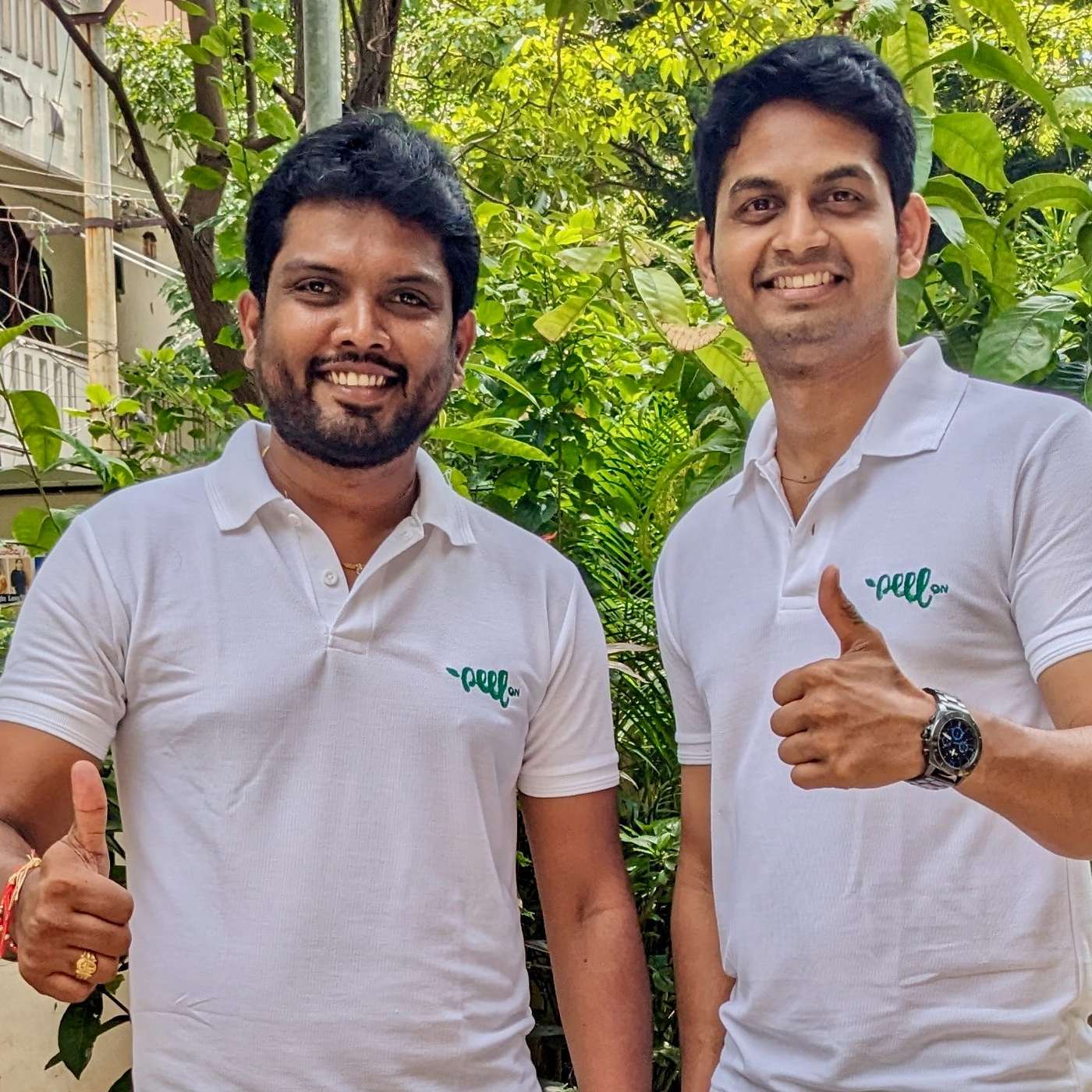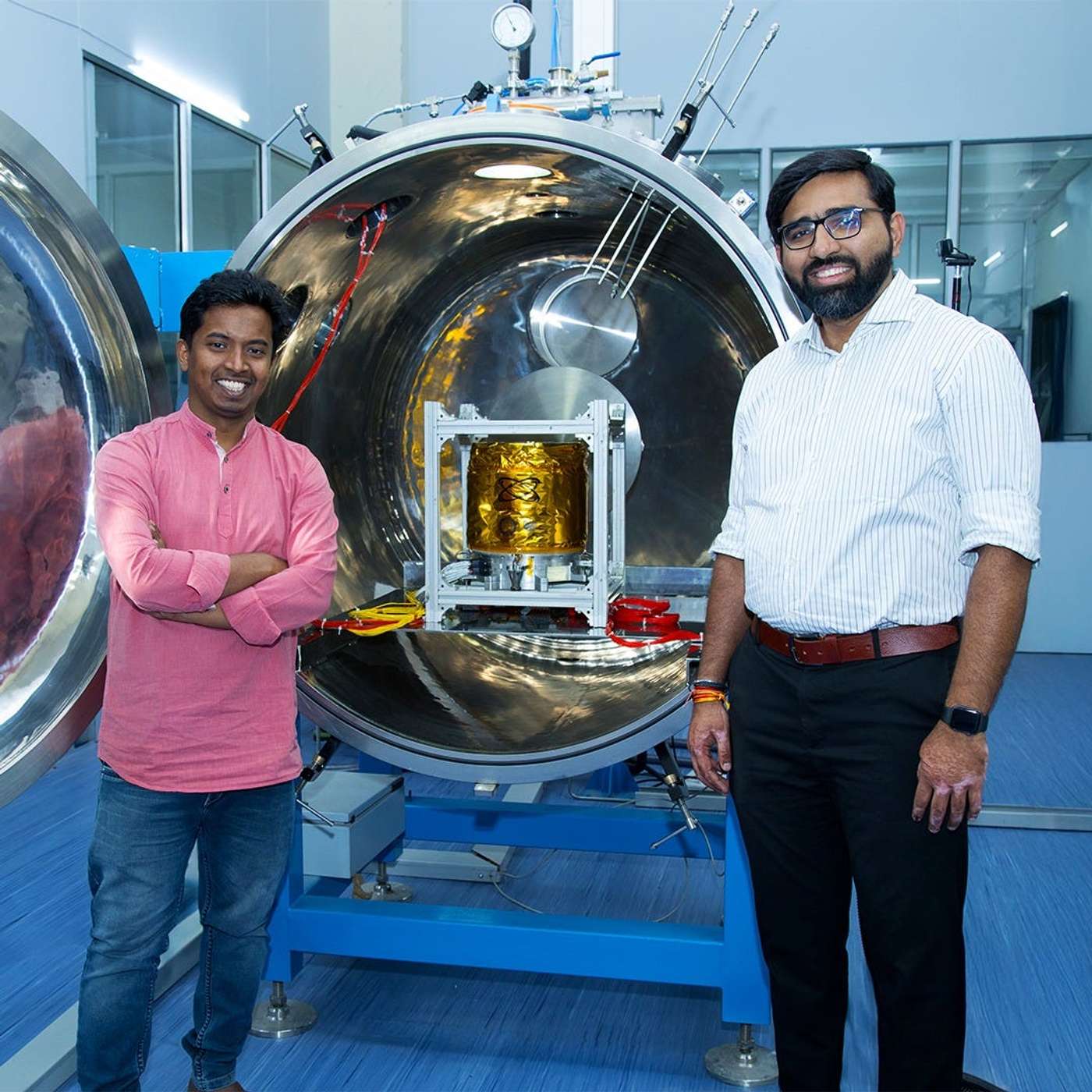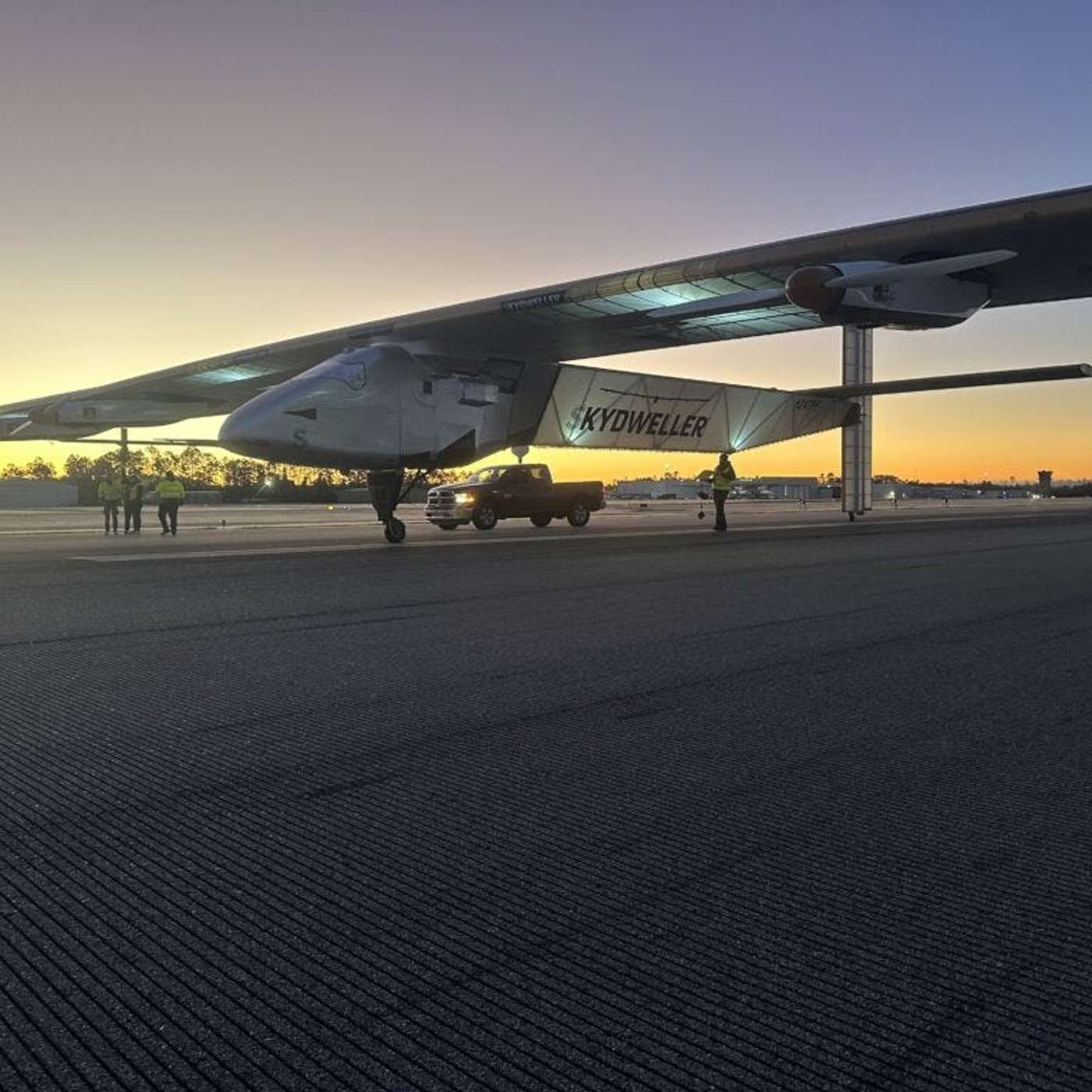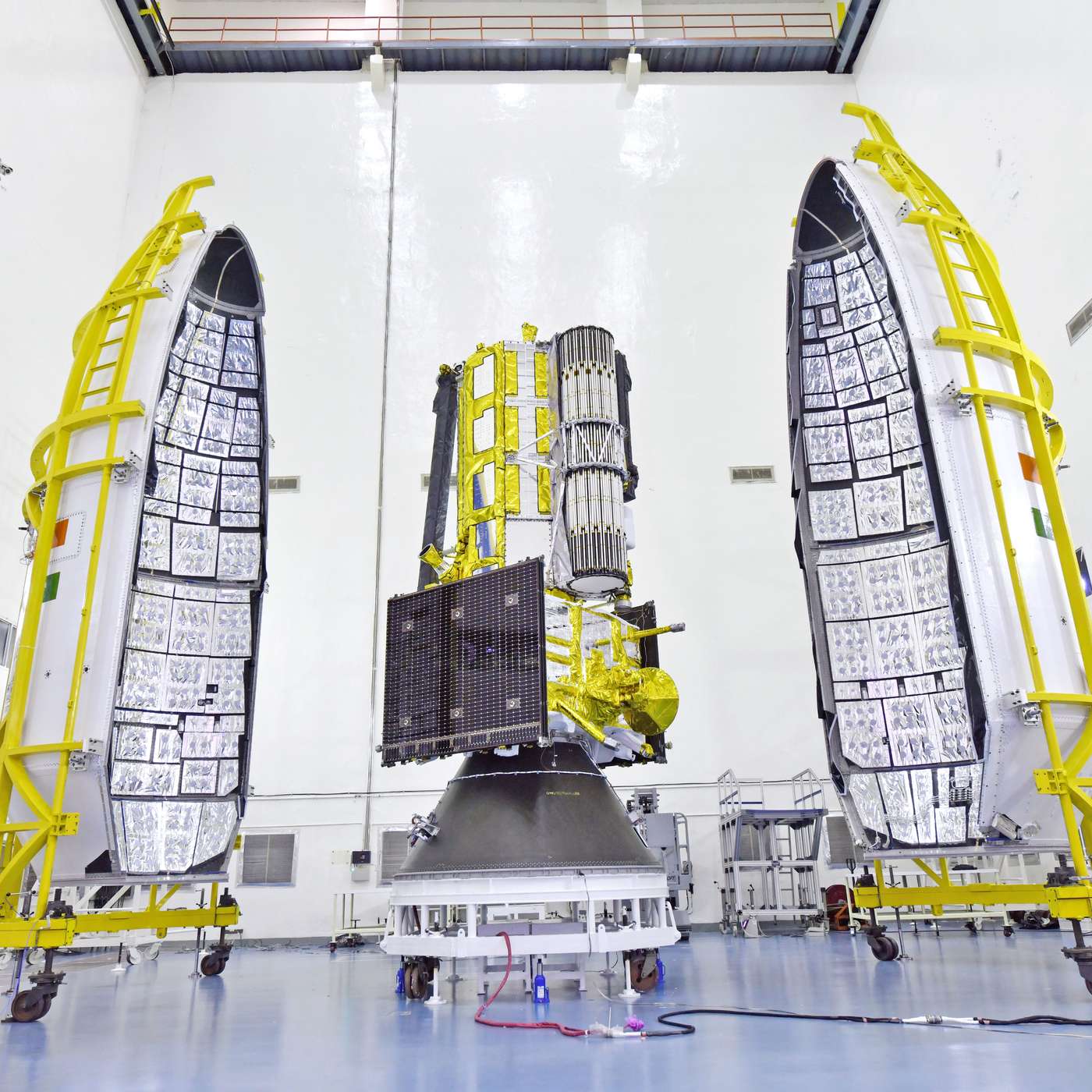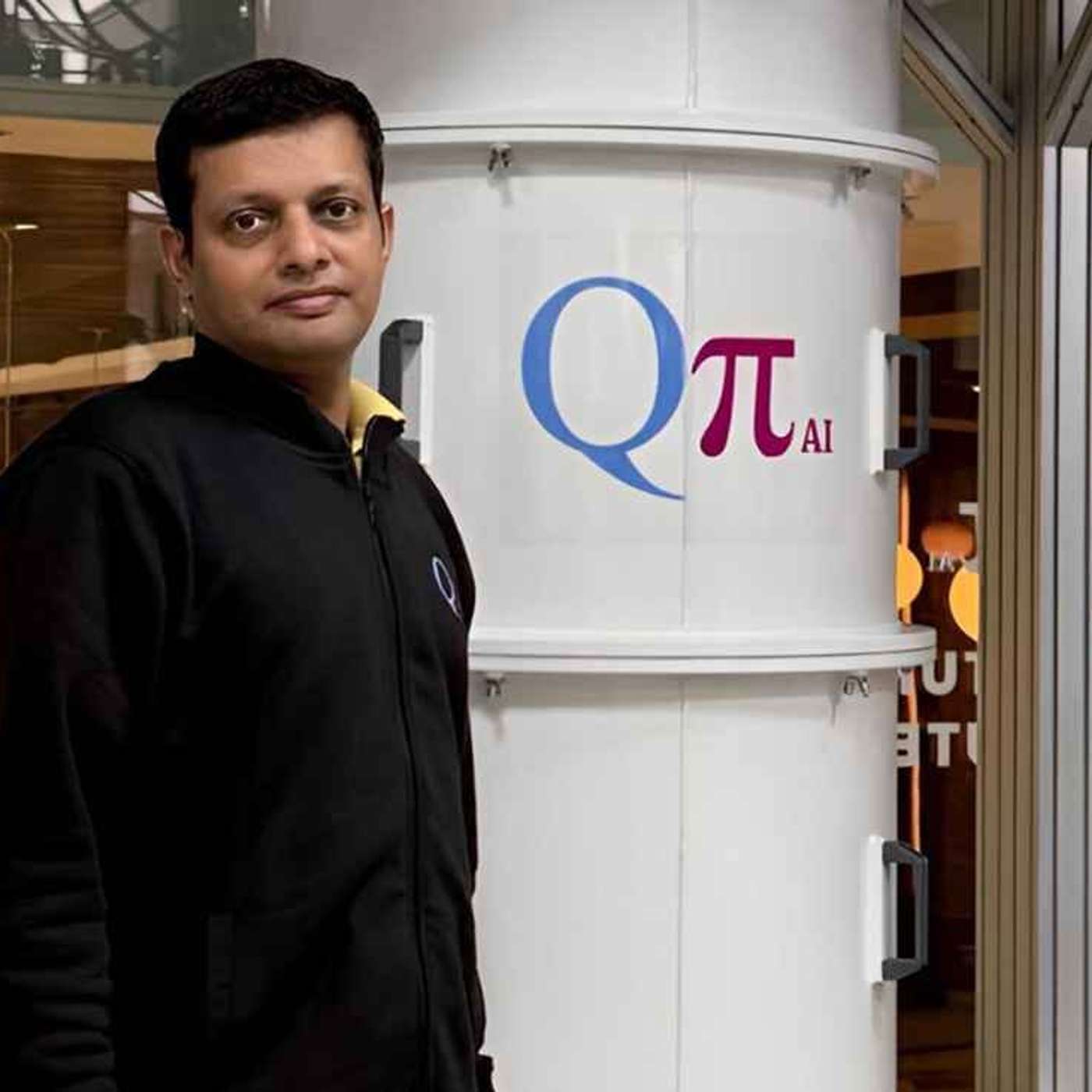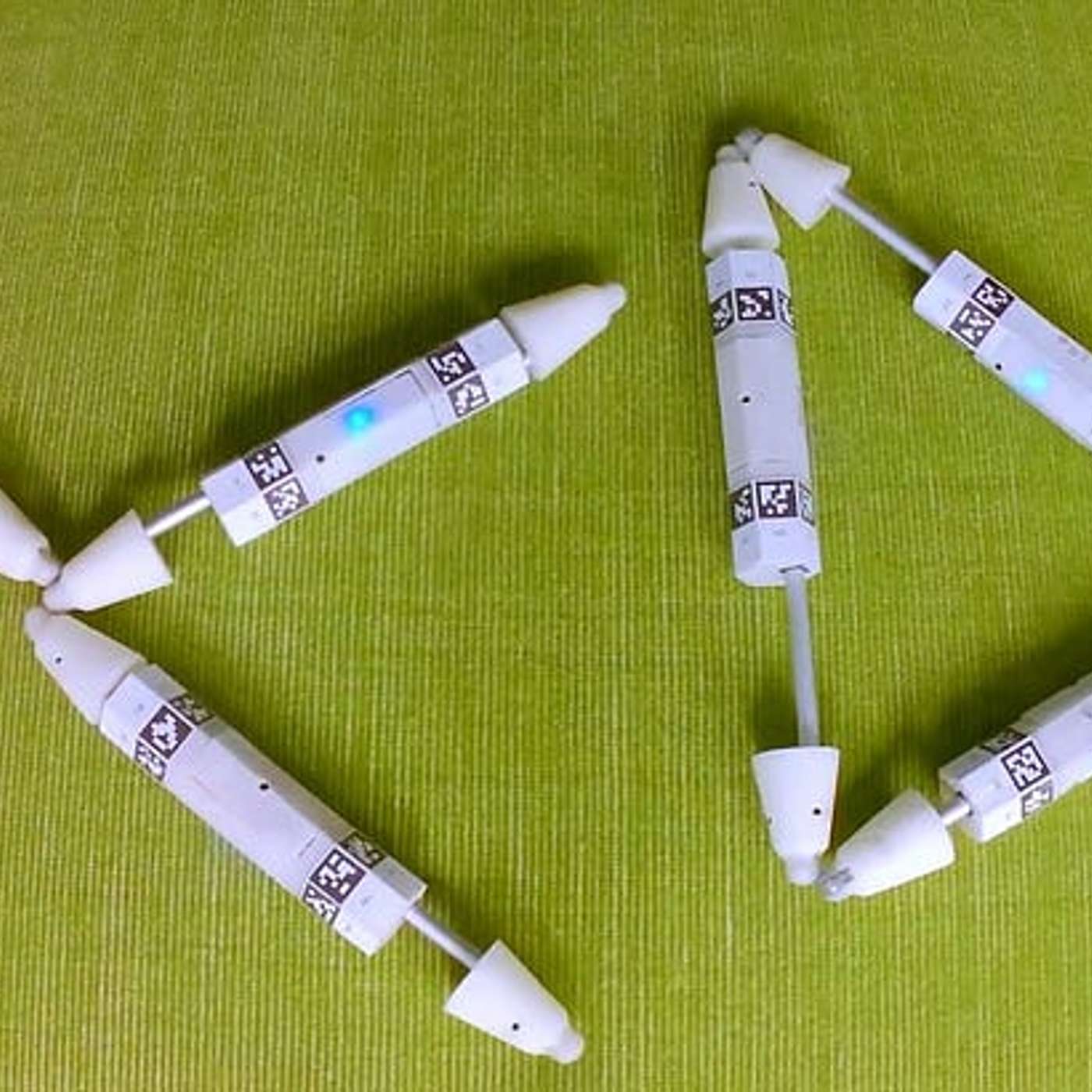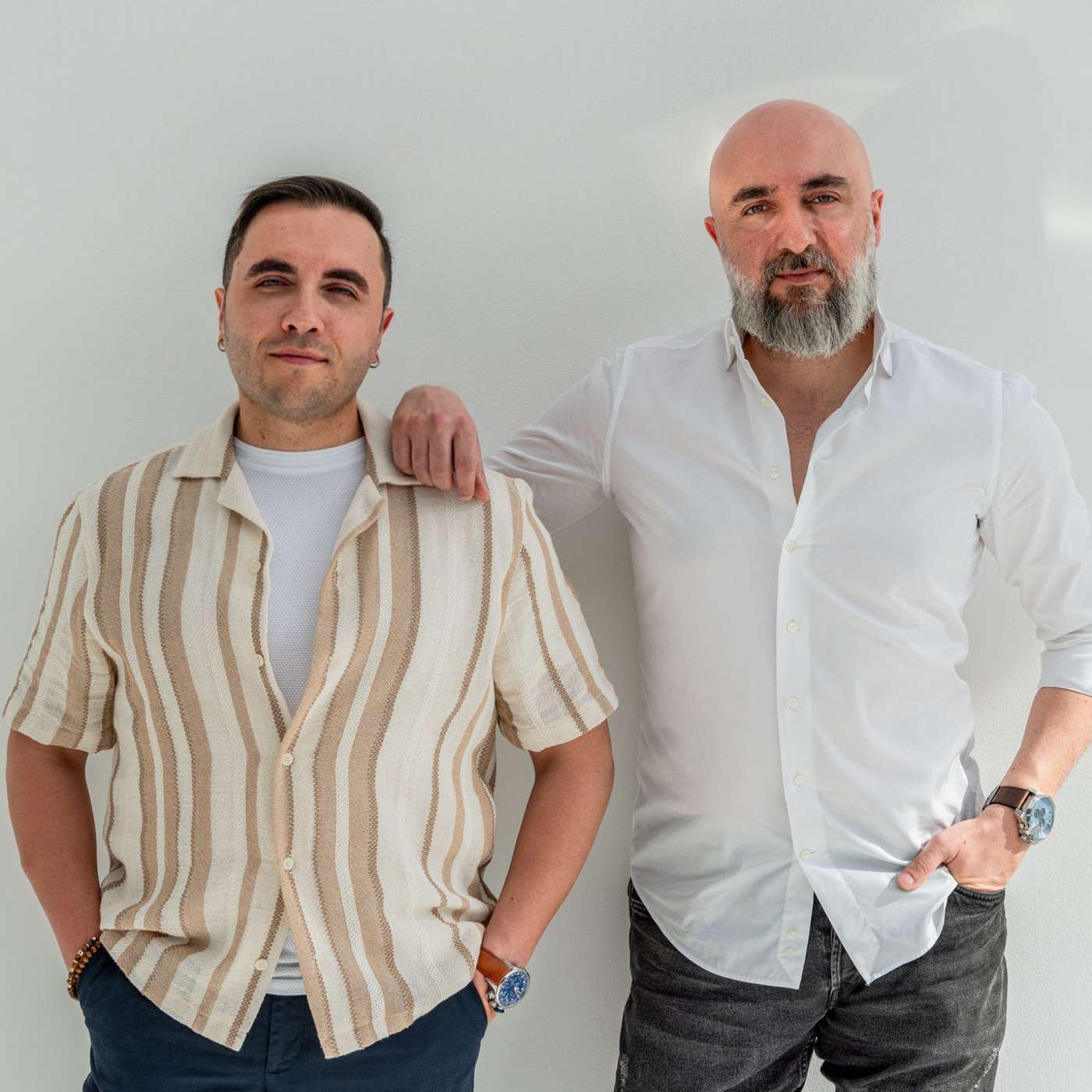CynLr, IISc in nature-inspired robotic vision innovation pact
Description
TDK’s new Haryana plant to manufacture 200 million lithium-ion batteries annually
India’s Electronics and IT Minister Ashwini Vaishnaw inaugurated TDK Corporation’s advanced lithium-ion battery plant in Sohna, Haryana, under the Electronics Manufacturing Cluster Scheme, according to a government press release. The facility will produce about 20 crore battery packs per year — covering 40 percent of India's domestic demand for mobile devices, wearables, and laptops. The state-of-the-art factory is expected to generate 5,000 direct jobs and marks a major milestone for India’s self-reliance and electronics manufacturing ecosystem.
Survey shows optimism amid challenges for India’s deeptech founders
A joint survey by TDK Ventures and Kae Capital of nearly 100 Indian deeptech founders highlights optimism despite funding, talent, and infrastructure hurdles, the VC firms said in a press release. While 58 percent expressed confidence in raising their next round, challenges include skill shortages, high salary expectations, and limited lab access. Sectors like energy tech, robotics, semiconductors, and quantum are poised for growth, with supportive policies slowly improving the ecosystem.
Nvidia invests in Quantinuum, valuing quantum venture at $10 billion
Honeywell’s quantum computing company, Quantinuum, has raised approximately $600 million in a funding round led by Nvidia’s venture capital arm and other investors, pushing Quantinuum’s valuation to $10 billion, the company said in a press release. The funds will accelerate development of scalable quantum systems, with Quantinuum aiming for breakthroughs in fault-tolerant quantum computing and enhanced classical AI capabilities. The investor lineup includes JPMorganChase, Mitsui, Amgen, and Cambridge Quantum Holdings.
IBM and AMD team up for quantum-centric supercomputing architecture
IBM and AMD have announced a partnership to develop quantum-centric supercomputing platforms that combine IBM’s quantum computers with AMD’s high-performance CPUs, GPUs, and FPGAs, the companies said in a press release. The aim is to build scalable, open-source systems where quantum and classical computing work together to tackle problems that neither can solve alone—such as simulating atoms with quantum chips while using classical supercomputers for data analysis. An initial demonstration of hybrid quantum-classical workflows is planned for later this year.
QuantrolOx and C-DAC sign agreement to co-develop quantum computing technologies
Finland-based QuantrolOx and India’s Centre for Development of Advanced Computing (C-DAC) have signed a Letter of Intent to jointly develop quantum computing technologies for India’s research ecosystem, according to a press release. Their collaboration aims to create an indigenous quantum software stack and enhance automated tuning and characterization tools for quantum processors. The strategic partnership will support national labs and academics, advancing C-DAC’s Hybrid HPC-Quantum Mission and semiconductor design initiative. Ultimately, it seeks to accelerate R&D timelines and strengthen India’s quantum hardware and software leadership.
Maybell Quantum raises $40M Series B to accelerate quantum infrastructure launch
Maybell Quantum has secured $40 million in Series B funding led by Addition, with participation from existing investors, to help accelerate the commercialization of its next-generation quantum infrastructure, Quantum Insider reports. The funding will support development and go-to-market efforts aimed at deploying advanced quantum hardware for scalable applications. Maybell Quantum’s solutions target key bottlenecks in quantum computing, aiming to make the technology more robust, accessible, and commercially viable.
GE Aerospace invests $300M in Beta Technologies for hybrid-electric aviation push
GE Aerospace is investing $300 million in Beta Technologies and partnering to develop a hybrid-electric turbogenerator for next-generation aircraft, TechCrunch reports. The deal will leverage GE’s jet engine expertise and Beta’s electric propulsion know-how, promising enhanced range and payload. If approved, GE can appoint a director to Beta’s board; Beta’s total funding will rise to $1.45 billion.
RoboBallet system lets robotic arms work in harmony on factory floors
Researchers at UCL, Google DeepMind, and Intrinsic have developed RoboBallet, a graph-neural-network-powered AI system that enables robotic arms to coordinate precisely and efficiently, even in complex factories, Tech Xplore reports. Using reinforcement learning, RoboBallet can plan tasks for up to eight arms solving 40 simultaneous operations, hundreds of times faster than real-time and far beyond prior approaches. The breakthrough allows manufacturers to automate multi-robot layouts, adapt instantly to changes, and boost throughput, making choreographed robotic collaboration a practical reality.
CynLr and IISc join forces to bring neuroscience into robotics
CynLr, a robotics startup in Bengaluru, has partnered with the Indian Institute of Science (IISc) to decode how biological vision can power real-world robotics, the company said in a press release. The initiative, ‘Visual Neuroscience for Cybernetics’, will translate neural insights on depth, motion, and memory into adaptive robotic vision systems. Joint research, doctoral projects, and algorithm development will underpin this effort, advancing CynLr’s vision of generalized manipulation and Universal Factories.
C-CAMP and UK fund launch new call for AMR environment solutions
The centre for cellular and molecular platforms C-CAMP and the UK’s GAMRIF, which is the global anti-microbial resistance innovation fund, have announced a new call for research offering up to £170,000 per startup for innovations tackling antimicrobial resistance (AMR) in environmental settings. The 2025-26 initiative targets detection, prevention, and treatment technologies, focusing on scalable solutions for low- and middle-income countries. Selected innovators will receive funding, mentoring, and field validation to accelerate AMR-fighting technologies.
Ashoka University and ESET award woman in cybersecurity scholarship
Ashoka University and ESET, a Slovakian cybersecurity ...


